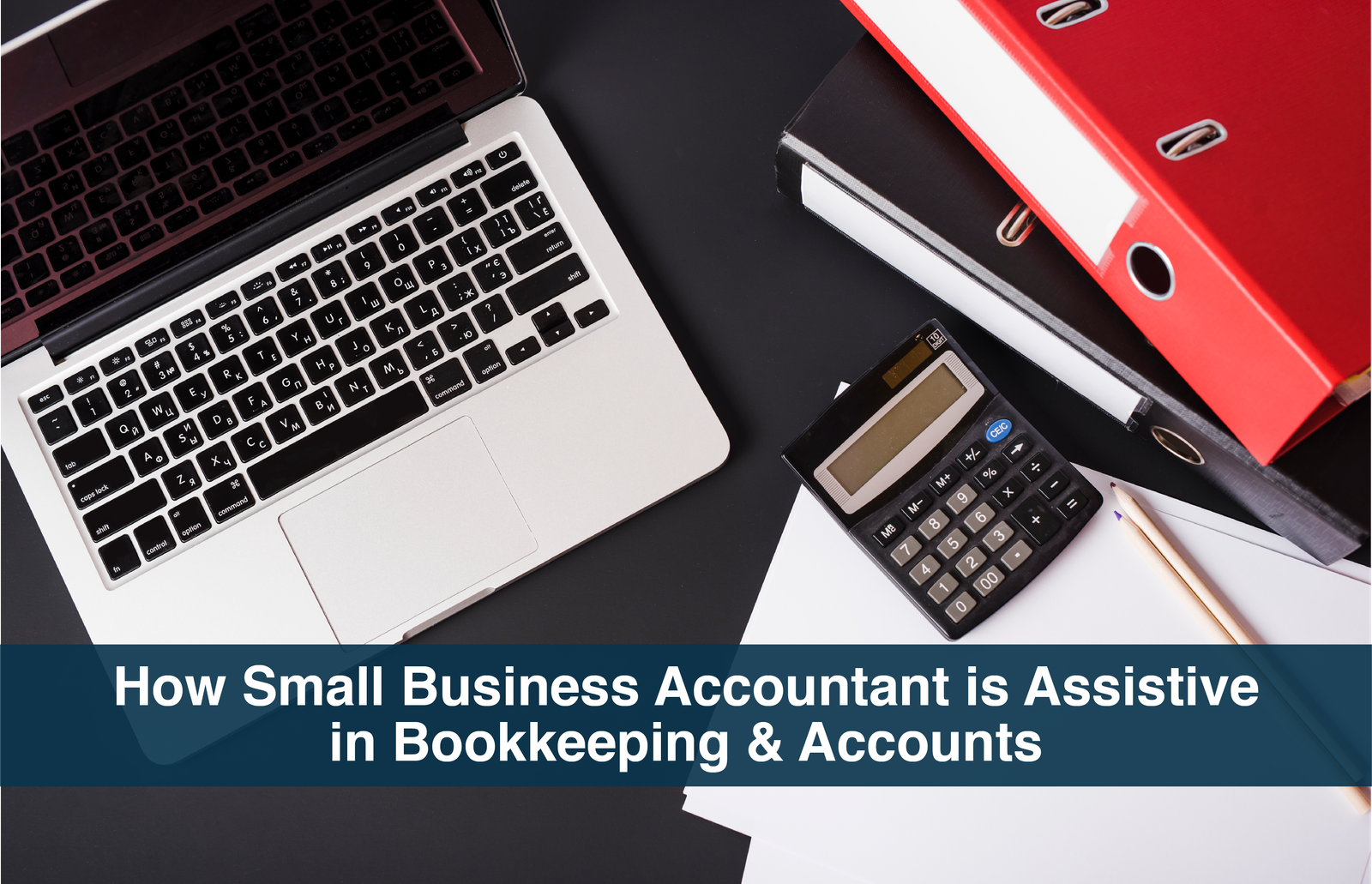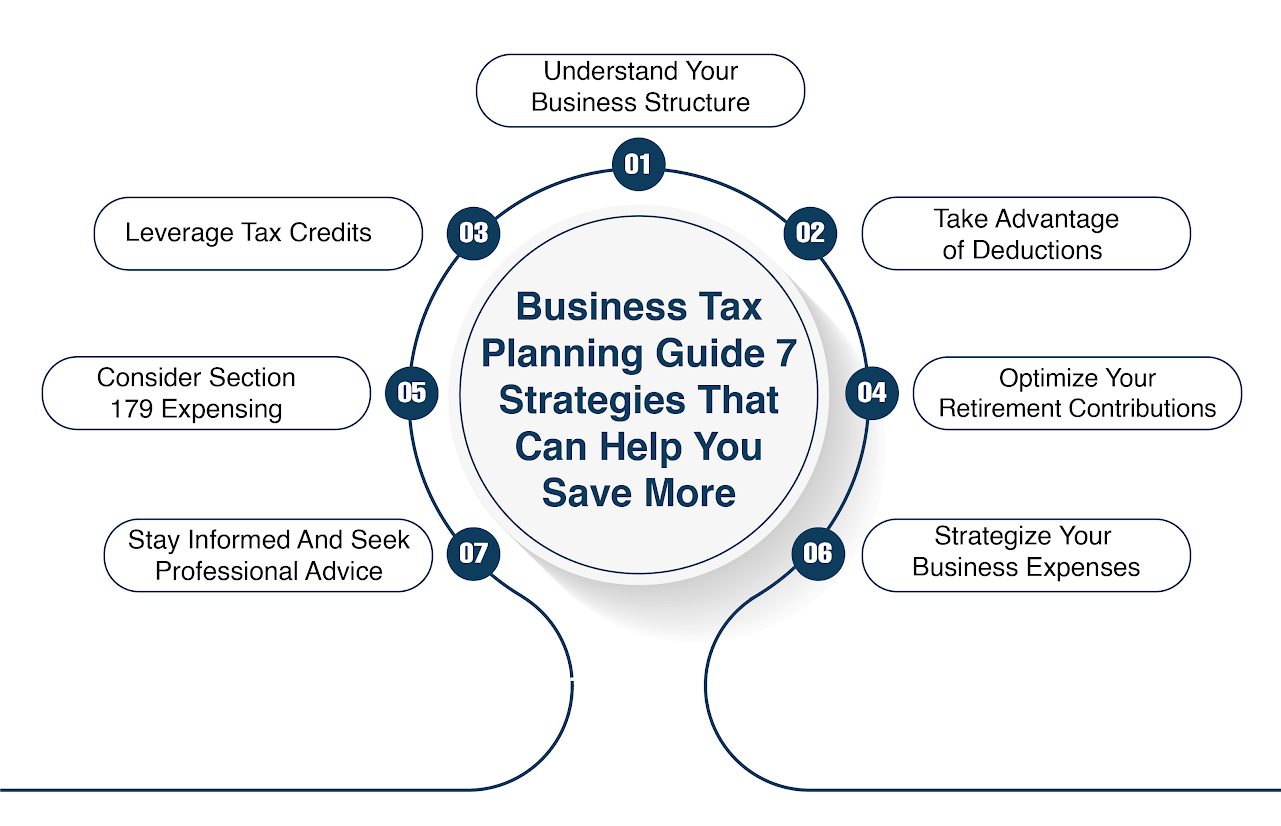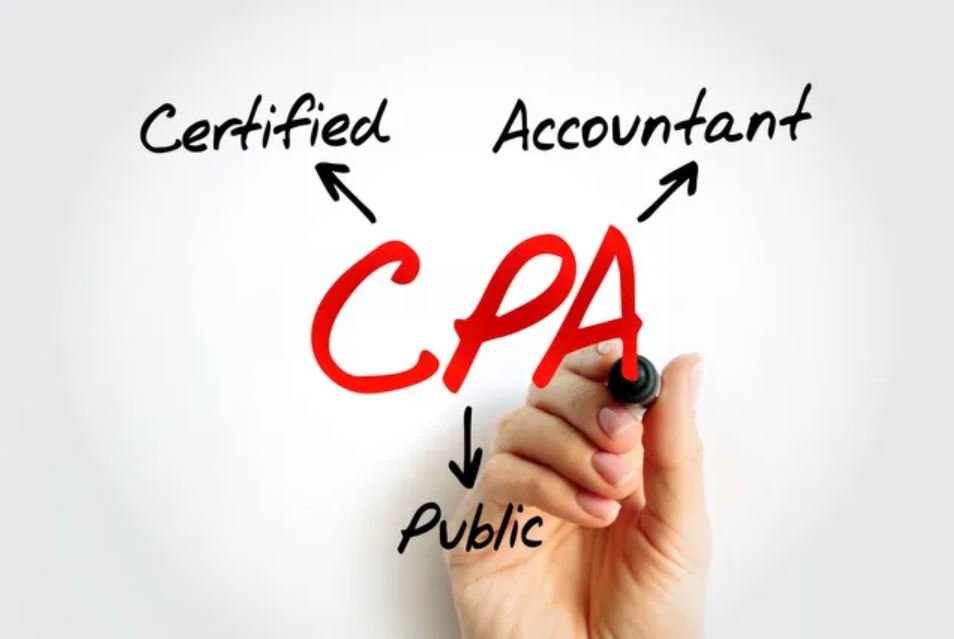The Importance of Accounts Payable Management
Accounts payable is a crucial aspect of every business’s financial operations. It involves managing and tracking the money owed to vendors, suppliers, and service providers for goods or services received. Effectively managing accounts payable not only ensures timely payment to suppliers but also contributes to maintaining positive relationships and optimizing cash flow. In this article, we will explore the key strategies and best practices for efficient accounts payable management.
The Role of Accounts Payable
Accounts payable serves as the bridge between a company and its vendors. It involves recording and tracking invoices, verifying the accuracy of billing details, and processing payments within specified terms. A well-managed accounts payable function contributes to the smooth operation of the procurement process, strengthens vendor relationships, and supports financial transparency.
Establishing Efficient Accounts Payable Processes
Efficiency is the cornerstone of effective accounts payable management. It begins with establishing streamlined processes that encompass invoice receipt, verification, approval, and payment. By clearly defining each step and ensuring adherence to the process, businesses can avoid errors, delays, and potential financial losses.
Implementing an Automated Invoice System
Manual invoice processing can be time-consuming, prone to errors, and difficult to track. Implementing an automated invoice system can significantly improve efficiency and accuracy in accounts payable management. Automated systems streamline invoice receipt, data entry, and approval workflows, reducing manual effort and providing real-time visibility into the payment process.
Maintaining Accurate Vendor Records
Maintaining up-to-date and accurate vendor records is essential for efficient accounts payable management. It includes recording vendor details, contact information, payment terms, and tax identification numbers. Regularly reviewing and updating vendor records ensures smooth communication, accurate payments, and easy access to historical data.
Setting Up Clear Payment Terms and Policies
Clear payment terms and policies establish expectations for both the business and its vendors. This includes specifying payment due dates, acceptable payment methods, and any early payment discount opportunities. Transparent and well-communicated payment terms facilitate smooth transactions, minimize misunderstandings, and strengthen vendor relationships.
Monitoring and Reviewing Accounts Payable Aging Reports
Accounts payable aging reports provide a snapshot of outstanding invoices and their respective due dates. Regularly monitoring and reviewing these reports allow businesses to stay on top of payment obligations, identify potential issues, and take timely actions to avoid late payments or penalties. It also aids in forecasting cash flow and managing working capital effectively.
Streamlining Approval Workflows
Establishing efficient approval workflows is crucial for timely invoice processing. Clearly defining approval hierarchies, utilizing technology-driven approval systems, and setting appropriate authorization limits can expedite invoice approval. Streamlining workflows reduces bottlenecks, minimizes delays, and ensures that payments are made within the agreed-upon terms.
Ensuring Proper Internal Controls
Implementing strong internal controls is vital for safeguarding company assets and preventing fraud. Separation of duties, regular reconciliations, and periodic audits contribute to the integrity of accounts payable processes. By maintaining proper internal controls, businesses can mitigate risks and maintain the trust of vendors and stakeholders.
Leveraging Technology for Accounts Payable Management
Technology plays a crucial role in modern accounts payable management. Utilizing accounting software, invoice automation tools, and cloud-based storage systems can streamline processes, improve accuracy, and enhance collaboration between departments. Leveraging technology empowers businesses to handle larger volumes of invoices efficiently and gain valuable insights through analytics.
Effective Communication with Vendors
Building strong relationships with vendors is essential for successful accounts payable management. Clear and open communication regarding invoice discrepancies, payment delays, or changes in payment terms fosters trust and collaboration. Maintaining good communication channels helps resolve issues promptly and prevents misunderstandings.
Managing Cash Flow and Early Payment Discounts
Managing cash flow is a critical aspect of accounts payable management. By strategically scheduling payments within the specified terms, businesses can optimize cash flow and take advantage of early payment discounts offered by vendors. This practice enhances vendor relationships and contributes to cost savings.
Auditing and Reconciling Accounts Payable
Regular auditing and reconciling of accounts payable records ensure accuracy and integrity. Audits help identify discrepancies, errors, or potential fraudulent activities. Reconciliations verify the accuracy of vendor statements, outstanding balances, and payments made. These practices provide businesses with confidence in their financial records and aid in compliance with regulatory requirements.
Conclusion
Efficient accounts payable management is crucial for maintaining healthy vendor relationships, optimizing cash flow, and ensuring accurate financial records. By implementing streamlined processes, leveraging technology, and fostering effective communication, businesses can effectively manage their accounts payable function. Prioritizing accuracy, timeliness, and transparency contributes to the overall financial health and success of an organization.
FAQs (Frequently Asked Questions)
How Can I Streamline The Invoice Approval Process In Accounts Payable?Streamlining the invoice approval process involves clearly defining approval workflows, utilizing automation tools, and setting appropriate authorization limits. By leveraging technology, businesses can expedite invoice approvals, reduce bottlenecks, and ensure timely payments.
What Are The Benefits Of Using An Automated Accounts Payable System?An automated accounts payable system offers several benefits, including improved efficiency, reduced errors, real-time visibility into payment processes, and enhanced collaboration between departments. It streamlines invoice receipt, data entry, and approval workflows, saving time and effort.
How Often Should I Reconcile Vendor Statements With My Accounts Payable Records?It is recommended to reconcile vendor statements with accounts payable records on a monthly basis. Regular reconciliations help identify discrepancies, resolve billing issues, and ensure the accuracy of outstanding balances.
How Can I Optimize Cash Flow Through Accounts Payable Management?To optimize cash flow, schedule payments strategically within the specified terms, take advantage of early payment discounts, and closely monitor accounts payable aging reports. Managing cash flow effectively contributes to improved liquidity and financial stability.
What Measures Can I Take To Prevent Accounts Payable Fraud?To prevent accounts payable fraud, implement strong internal controls, such as separation of duties, regular reconciliations, and periodic audits. Conduct due diligence when onboarding new vendors, verify invoice details, and maintain open communication channels with vendors to detect and prevent fraudulent activities.







